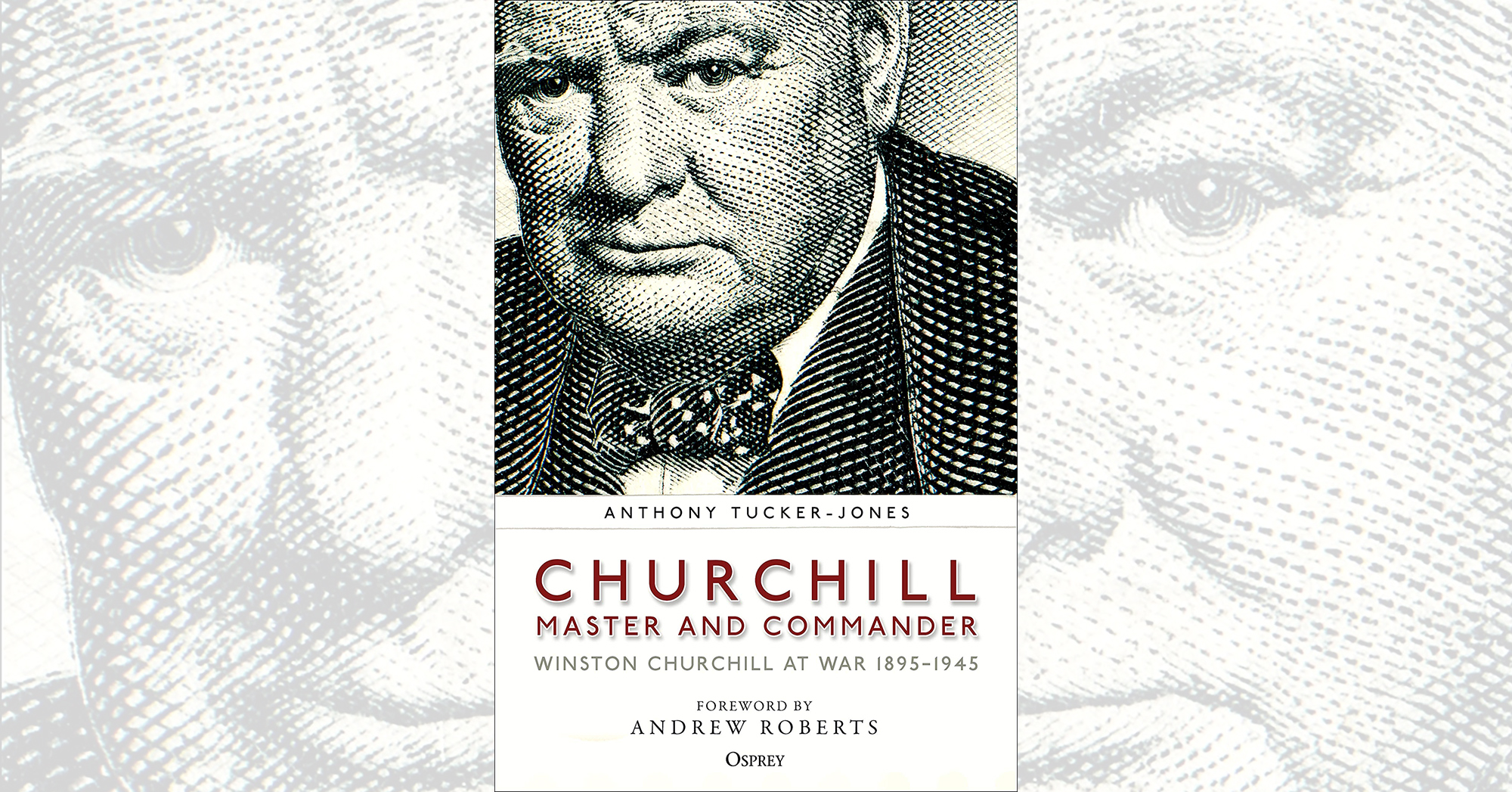Churchill, Master and Commander: Winston Churchill at War, 1895–1945, by Anthony Tucker-Jones, Osprey Publishing, Oxford, U.K., 2021, $30
Endorsed in the foreword by Winston Churchill scholar Andrew Roberts, this balanced biography by former British intelligence officer and military historian Anthony Tucker-Jones traces Churchill’s rise from a young military officer to his emergence from World War II as a victorious Allied prime minister. Neither a hagiography nor a polemic, Master and Commander explains how Churchill’s formative years shaped him as a military commander, and what he got right and wrong once he attainted high political office. It also examines his propensity to take risks and his fortitude to withstand criticism, opposition and defeat.
Described by the author as an “adrenaline junkie,” Churchill used the British army as a means of self-promotion and political advancement, combining military service with combat journalism. Between 1895 and 1900 such pursuits took him to Cuba, India, Sudan and South Africa, informing his military thinking and winning him valuable friends. During World War I Churchill served briefly on the Western Front in France. In all he was attached to nine different regiments in the British, Indian and South African armies. Tucker-Jones argues that Churchill, like his enemies Adolf Hitler and Benito Mussolini as well as his ostensible ally Joseph Stalin, became a warlord. Yet however impatient for action and prone to autocratic tendencies he might have been, Churchill never overruled his military service chiefs, though he wasn’t shy about trying to verbally batter them into submission.
The author’s focus on the years 1895–1945 is problematic. It makes sense to begin a military study of Churchill with his 1895 graduation from the Royal Military Academy, Sandhurst, as a cornet (second lieutenant) of cavalry, and subsequent service in India and Sudan.
But while terminating his study in 1945 with the Allied victory makes literary sense, Tucker-Jones unfortunately ignores Churchill’s less exciting but still vital second administration from 1951–55. Increasingly deaf, aging and unwell, he presided over Britain’s actions in cooperation with the United States during the Cold War with the Soviet Union, a hot war with China and North Korea, and covert action against Iran. Churchill also bore responsibility for imperial security operations in Egypt, Cyprus, Kenya and Malaya.
This very readable and critical account of Churchill as warlord is tough but generally fair, though Tucker-Jones does include an odd, almost throwaway statement about Churchill possibly having Asperger syndrome. Amply supported with maps, illustrations, endnotes, a bibliography and an index, Master and Commander is an excellent addition to the Churchill literary corpus.
—William John Shepherd
This post contains affiliate links. If you buy something through our site, we might earn a commission.





